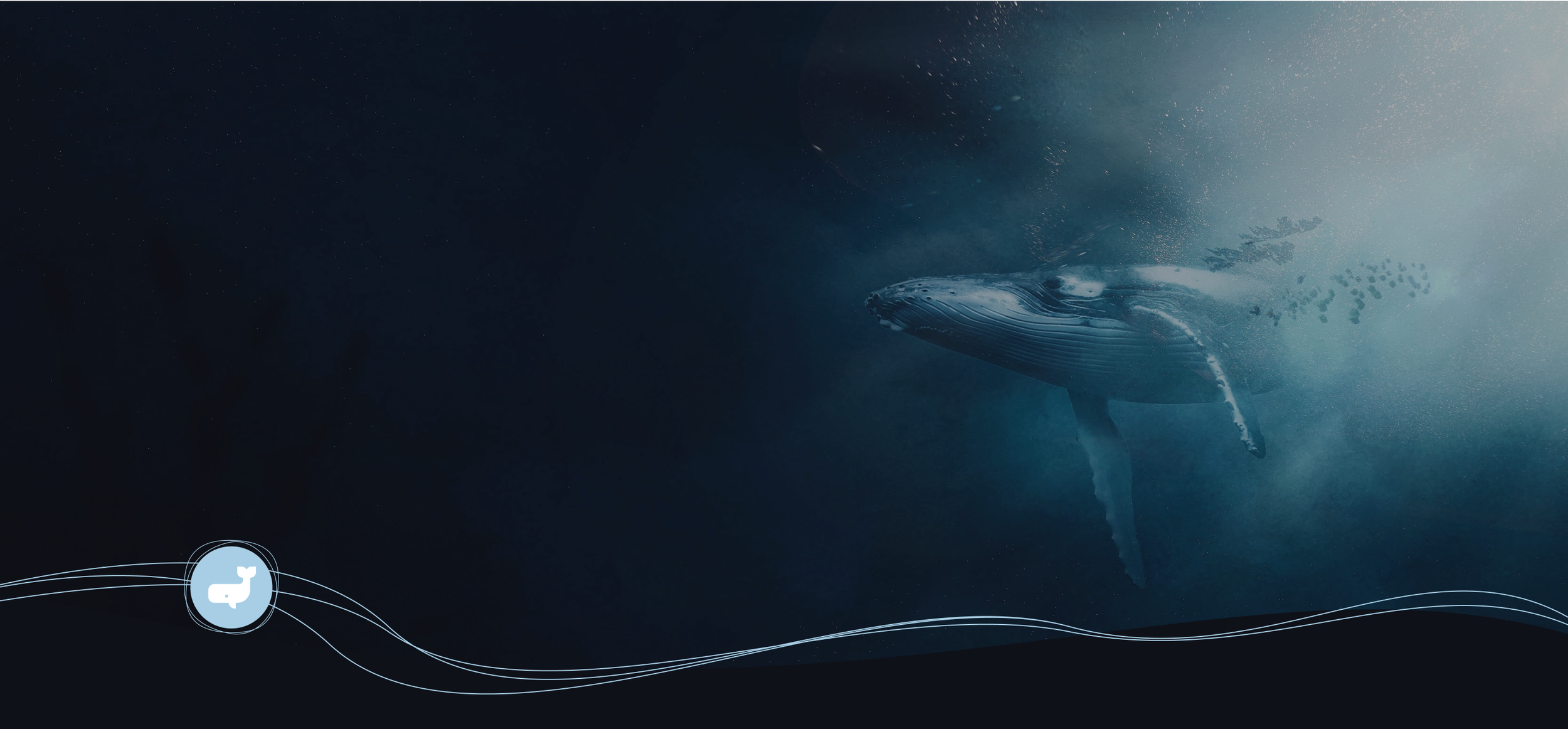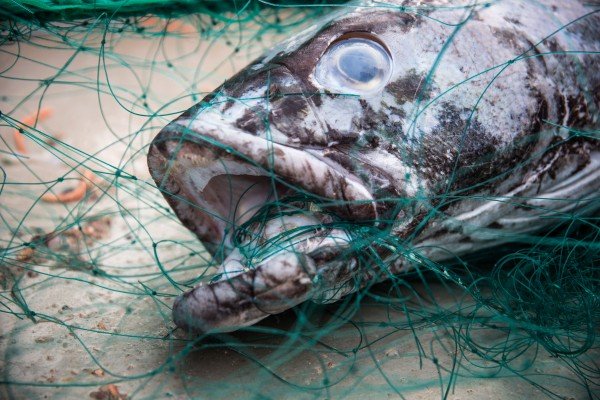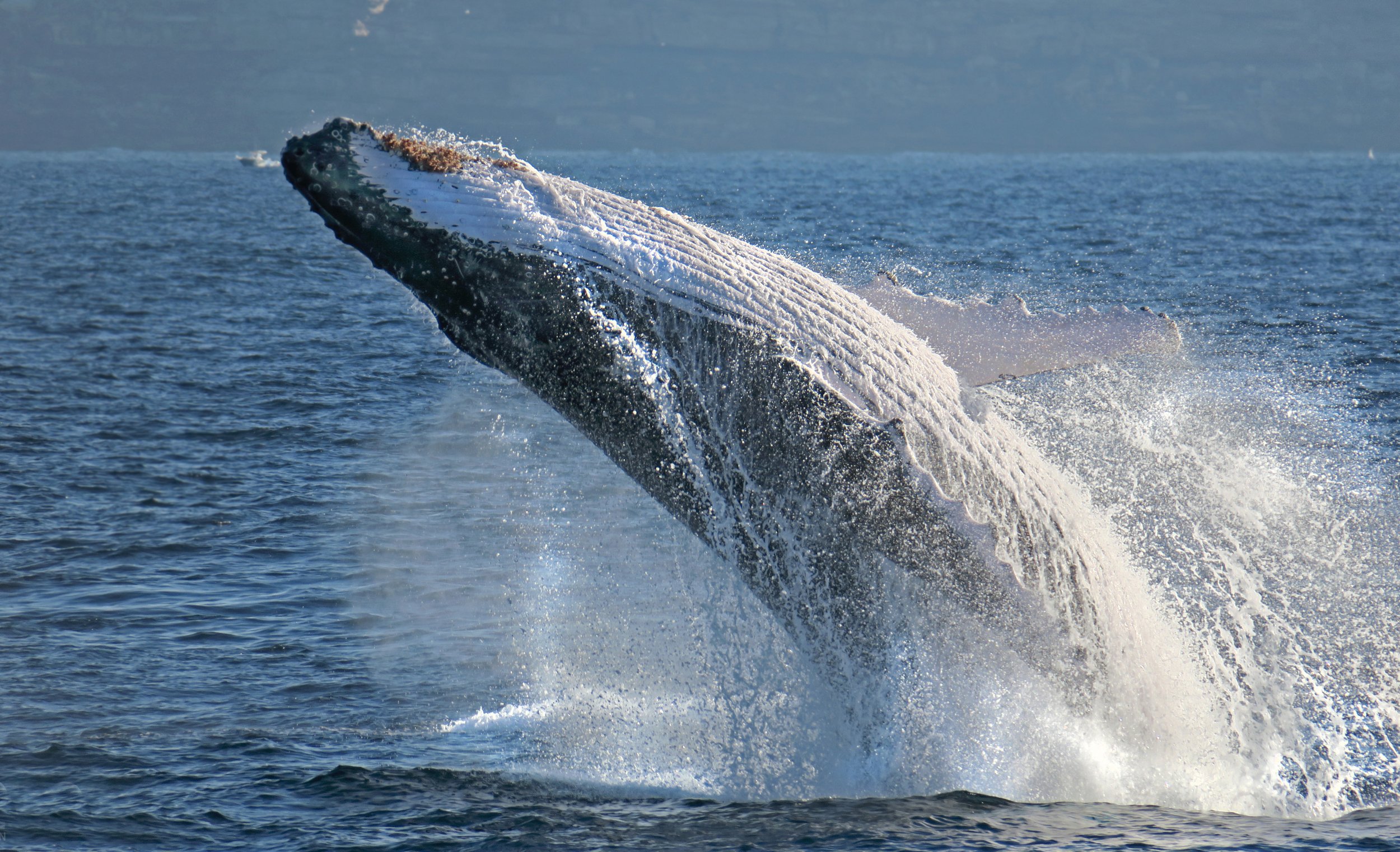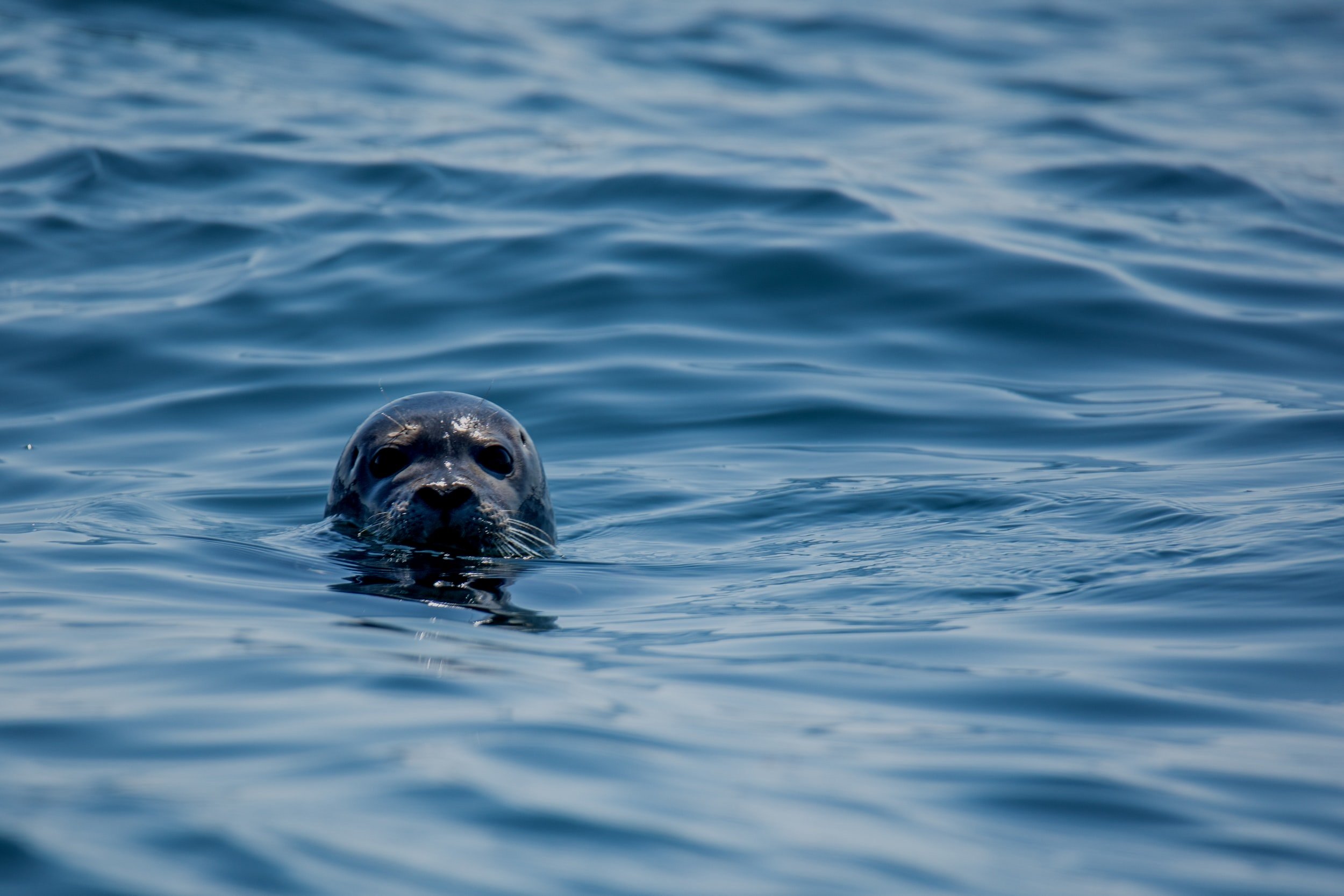
Dive deep into our
Marine Animal
Research
A scientific approach to marine animal conservation
Our research into marine animal behaviour is wide ranging, spanning everything from sharks to seabirds.
But it’s whales that are deeply rooted in our DNA.
Founded during the height of conflict between activists and whalers in the Southern Ocean, Living Ocean was borne from a different ethos with a strong belief in a scientific approach to conservation.
Today, we are a full member of the Whales and Climate research program, alongside seven international universities and the Smithsonian.

See our current programs
-

Whales & Climate Research Program
-

Seabirds as Sentinels of Ocean Health
-

Studying the Impact of Illegal Antarctic Drift Netting

Help us create a brighter future
for marine animals

Some of the organisations we work with

We collaborate with ocean experts

Some of our latest blogs
Tracking animal behaviour with smartphone app 'Behayve'
Living Ocean’s humpback research focuses on the behaviour of large numbers of whales in a limited geographic area, calling for specialised software to facilitate data recording.
Bill Fulton, Living Ocean’s Chief Science Officer, has developed a unique smartphone app that non-invasively tracks whales, records their behaviour and, using a wireless link to ship’s instruments, captures the environmental conditions they experience. The app is configurable to study any animal at all. Commonwealth & State licenses also allows drone (UAV) observation and recording.
See more about Behayve here

We collaborate with national citizen science research programs to measure the impact of micro and macro plastics on our coastal and marine ecosystems, alongside our own 'No Plastics Please' beach clean-up and community education projects.
Solving the degradation of marine environments won’t be possible without understanding the processes that have caused it. This is the central aim of our multi-layered research projects into the human impact on in-shore, coastal, and off-shore environments.













